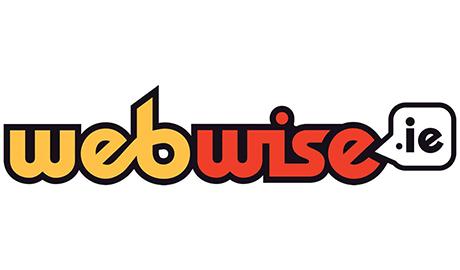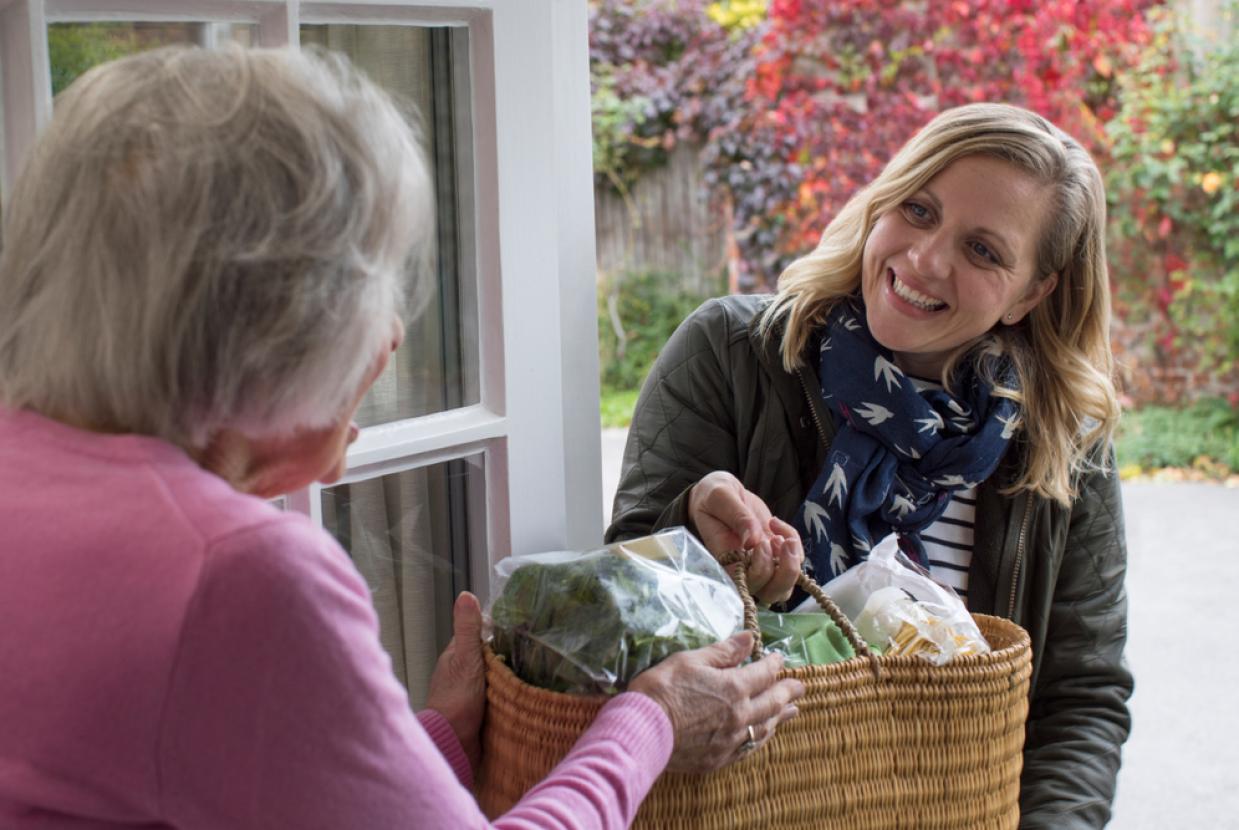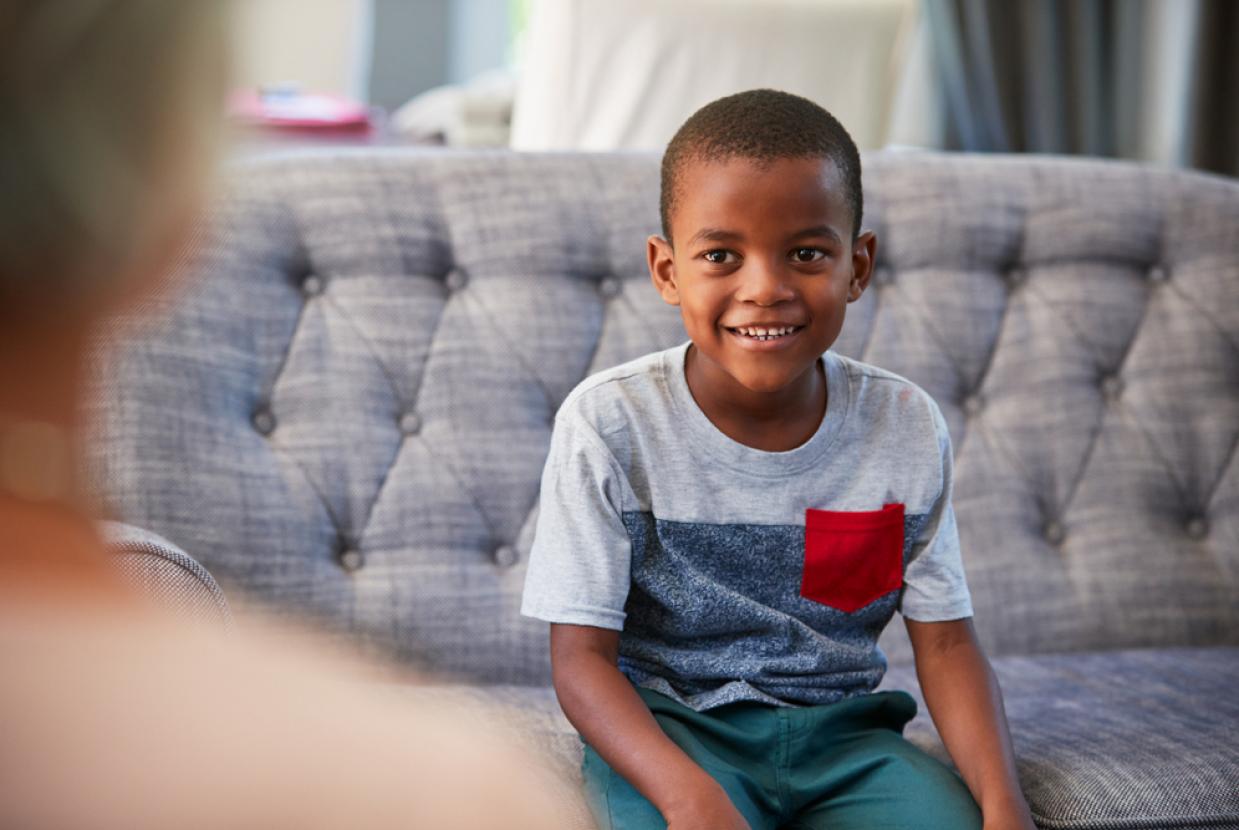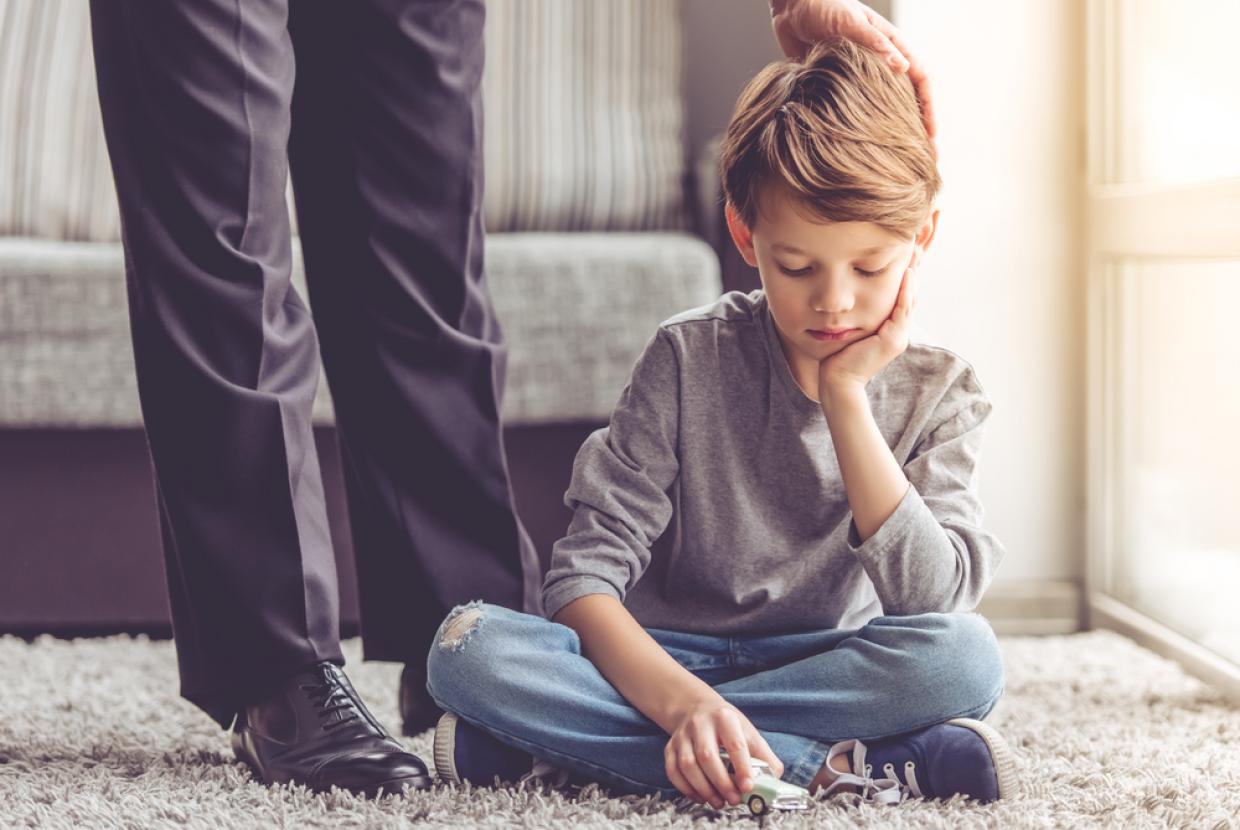Children & Social Media
Deciding at what age to allow your child to start using social media is a common dilemma for parents. Age restrictions vary across social media platforms; in Ireland the Digital Age of Consent is now set at 16 years old. With almost all services it is very easy to sign-up with a false date of birth. That said, the companies are pretty quick to delete the accounts of users when they discover they are underage.
What is the Digital Age of Consent?
The digital age of consent is the minimum age a user must be before a social media and internet companies can collect, process and store their data. In May 2018, the EU adopted a new set of Data Protection Regulations. The GDPR introduces substantial changes to European data protection law.
The new regulations require member states to set a digital age of consent. Ireland has adopted 16 as the digital age of consent. The requirements of the GDPR also state that the processing of data of children under the age of 16, in respect of online services, shall not be lawful without parental consent.
What are the Key Things to Think About?
We know that some parents give permission to their underage-children to set up accounts on social networking services and it’s easy to get past their age checks.
Ultimately, you need to decide if your child is equipped to deal with the social pressures that arise from social networking. The pressure to ‘fit in’ and/or to ‘be popular’ can be intense. Romance, group dynamics, and bullying can contribute to creating choppy waters that even adults find difficult to navigate.
Social Networking Tips
If your child is using social media, there are a few things you should talk with them about. Here are a few conversation starters:
No.1 Ask your child about what social networking services they use. Start on a positive footing by asking them to describe the things they like about it. Ask if you can see their profile. Don’t be surprised if your child is reluctant to show you – children can see social networking as a parentfree zone where they communicate with friends.
No.2 In order to open up the channels of communication with your child over their social networking use, don’t be too critical of their online experience or habits to date. It’s not always their fault if there is something inappropriate on their profile.
No.3 Sometimes a teenager won’t tell a parent about a bad experience they have had online because they fear that you might deal with the problem by keeping them off their favourite social networking services. However, if they feel they can talk about their online habits with you, without judgement, or the threat of being disconnected, it will lead to more honesty in the long run.
No.4 Ask your child what privacy settings they have set up on their profiles. Encourage them if they are ‘public’, to amend the setting to ‘private’ so that only friends can see what they post. Also let them know that even with the tightest privacy controls, content posted online can be easily copied and shared with audiences without their consent.
No.5 It’s a good idea too to talk about your child’s friends list. ‘Friends’ is the catch all term for any contacts on social networking sites. Sometimes, in their desire for popularity, teenagers become too relaxed about who they’ll accept as ‘friends’. Teenagers should review their list of online ‘friends’ regularly, so they are sharing their information only with people they trust.
No.6 Be sure to put emphasis on the fact that they should NOT reply to any unwanted or unsolicited messages. Although it may seem obvious, some scam artists or predators use messages to draw responses from young people and then target them. It’s good to make sure your child knows how important it is to ignore them.
The content is sourced from the ‘Parents Guide to a Better Internet’. Webwise.ie is the key internet safety online access point for parents in Ireland. Visit webwise.ie/parents to find more supports including video interviews with experts, talking points on topics that are difficult to discuss with your child, explainer guides for new apps and technologies, and lots more.









































































